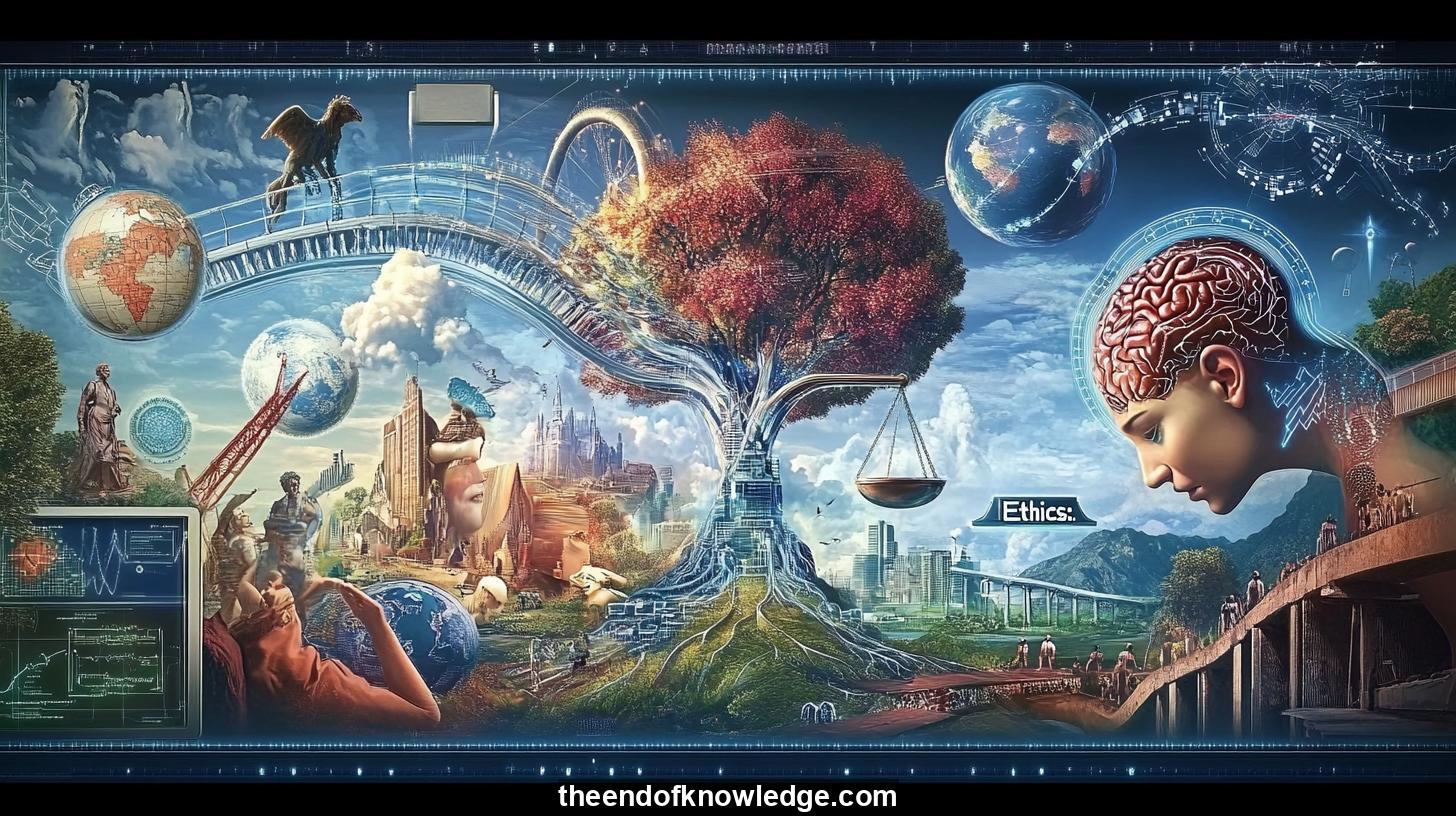 >
>
Concept Graph, Resume & KeyIdeas using DeepSeek R1 :
Resume:
30 Key Ideas:
1.- AI and metaverse are transforming education through immersive and efficient learning methods.
2.- Education 3.0 integrates AI, gamification, and virtual reality to enhance learning outcomes.
3.- AI raises ethical concerns, including privacy, bias, and job displacement.
4.- A balanced approach is needed to leverage AI's benefits while addressing its challenges.
5.- AI should complement human capabilities rather than replace them.
6.- Preparing societies for technological changes requires comprehensive education and policy.
7.- The future should focus on collaboration between humans and AI for equity and efficiency.
8.- Virtual classrooms and gamification are key components of Education 3.0.
9.- AI's impact on education includes accelerated learning and personalized experiences.
10.- Ethical considerations must guide AI development and implementation.
11.- The metaverse offers new opportunities for interactive and engaging learning environments.
12.- AI can enhance productivity but must be balanced with human well-being.
13.- Education systems need to adapt to prepare students for AI-driven industries.
14.- Collaboration between humans and AI is crucial for a sustainable future.
15.- AI's potential to address global challenges must be explored responsibly.
16.- The integration of AI in education requires addressing digital divides and accessibility.
17.- AI ethics should prioritize transparency, fairness, and accountability.
18.- The metaverse can democratize access to high-quality education globally.
19.- Continuous learning and reskilling are essential in an AI-driven world.
20.- AI's role in education and society must be shaped by inclusive and equitable policies.
21.- emphasizes the need for a human-centric approach to AI integration.
22.- AI's benefits in education include personalized learning and efficient resource use.
23.- The ethical use of AI in education requires addressing data privacy concerns.
24.- The metaverse can facilitate global collaboration and cultural exchange in education.
25.- AI's impact on employment necessitates strategies for workforce adaptation.
26.- Education 3.0 should focus on developing both technical and soft skills.
27.- AI can enhance educational accessibility for marginalized communities.
28.- highlights the importance of ethical AI development and deployment.
29.- The future of education lies in the synergy between humans and AI technologies.
30.- AI and the metaverse are reshaping the educational landscape globally.
Interviews by Plácido Doménech Espí & Guests - Knowledge Vault built byDavid Vivancos 2025